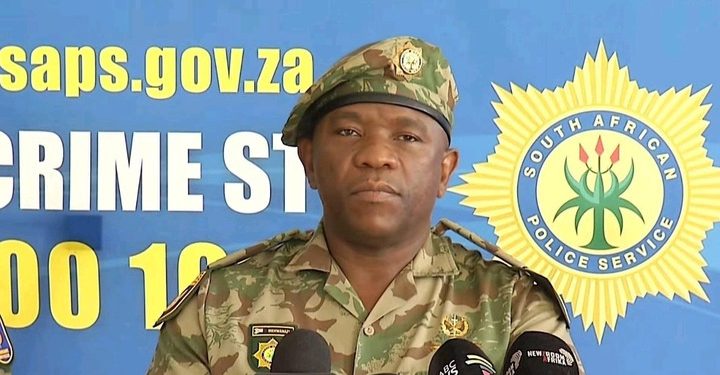On Monday, Parliament’s legal team issued a clear reminder to the special committee investigating allegations made by Lieutenant-General Nhlanhla Mkhwanazi, the police commissioner from KwaZulu-Natal. The legal advisors emphasized that statements made by Mkhwanazi do not count as evidence in the eyes of the law. They explained that for any claims to be considered valid, they need to be properly tested and supported by other evidence, such as documents or witness statements.
During the committee’s earlier sessions, Advocate Glynnis Breytenbach from the Democratic Alliance (DA) asked for clarification after some serious accusations were recorded. These included claims that certain political leaders were interfering with police work in the province, including influencing appointments and decisions. The legal adviser, Andile Tetyana, responded firmly, stating that these statements are not proof. He emphasized that until the allegations are verified through a proper process, they remain unproven and cannot be used as evidence.
Tetyana explained that Parliament’s role is to examine facts that meet legal standards. “We cannot base our findings on just one person’s words,” he said. “The evidence must be credible, supported by facts, and able to withstand scrutiny.” The chairperson of the committee, Bheki Hadebe, an ANC Member of Parliament, agreed with this advice. He urged members to proceed carefully and not jump to conclusions before the facts are fully established.
“What Gen. Mkhwanazi said is not evidence chairperson” – Tetyana; Parliament’s legal services😡😡😡
“you can’t say what Gen. Mkhwanazi presented is not evidence” – Malema (EFF)🔥🔥🔥🔥🔥
Already there are MP deployed to defend crime😳😳😳 pic.twitter.com/a1JiHPnZDS
— Welcome Ntila (@Razor896) August 5, 2025
Some Members of Parliament, like Omphile Maotwe from the Economic Freedom Fighters (EFF), expressed frustration with the slow progress. She argued that Mkhwanazi’s high-ranking position should give his claims more weight. “We’re talking about a police general. His words carry significance,” she said. However, Tetyana responded that everyone must follow due process. “The law does not give special treatment to statements from powerful people unless they are supported by evidence,” he explained.
The committee plans to continue its work in the coming weeks. It will hear more testimonies from other individuals involved and request additional documents. The political stakes are high, with opposition parties insisting they will push for accountability if the claims are proven true. For now, Parliament’s legal team has made it clear that unverified claims alone do not constitute proof and that proper procedures must be followed to establish facts.






















